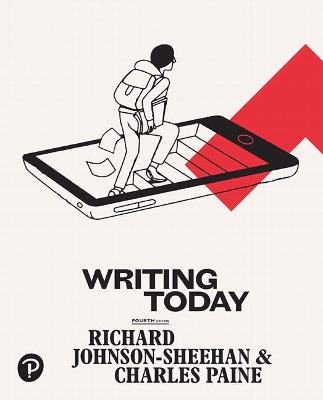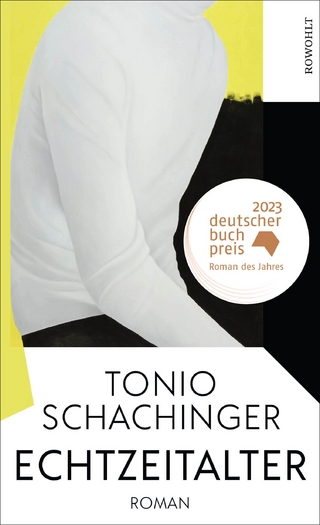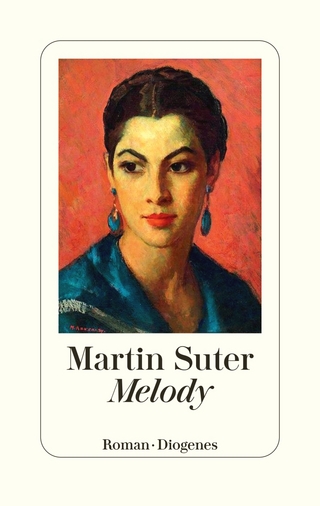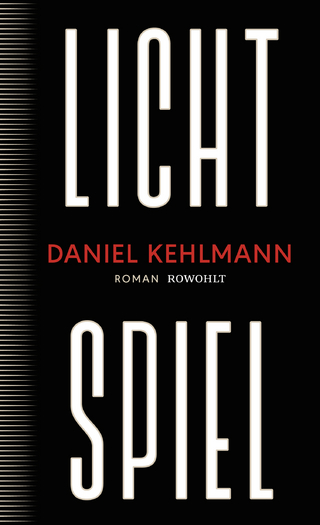
Writing Today
Pearson (Verlag)
978-0-13-475973-9 (ISBN)
- Titel ist leider vergriffen;
keine Neuauflage - Artikel merken
Practical writing skills for composing in the real world
Writing Today is an accessible text that fits the way today's students read and learn — and the way today's instructors teach. Its chunked writing style, eye-catching design, and focus on writing genres, strategies, and processes sets up students for success in their college courses, careers, and civic lives. The 4th edition marks a turning point with a new focus on reflection, or discovering why we think the way we do. As students explore this theme, they build their intellect, while becoming more aware, versatile, and resilient.
Writing Today, 4th Edition, is also available via Revel®, an interactive learning environment that enables students to read, practice, and study in one continuous experience.
About our authors Richard Johnson-Sheehan is a Professor of Rhetoric and Composition at Purdue University. There, he has directed the Introductory Composition program and served as the Director of the Purdue Writing Lab and the Purdue OWL. He teaches a variety of courses in composition, professional writing, medical writing, environmental writing and writing program administration, as well as classical rhetoric and the rhetoric of science. He has also published widely in these areas. Johnson-Sheehan's books on writing include Argument Today, coauthored by Charles Paine; Technical Communication Today, now in its fifth edition and Writing Proposals, now in its second edition. He was awarded the 2008 Fellow of the Association of Teachers of Technical Writing. In 2017, he was awarded the J.R. Gould Award for Excellence in Teaching by the Society for Technical Communication. Charles Paine is a Professor of English at the University of New Mexico, where he directs the Core Writing and the Rhetoric and Writing programs. He teaches first-year composition and courses in writing pedagogy, the history of rhetoric and composition and many other areas. His published books span a variety of topics in rhetoric and composition, including The Resistant Writer (a history of composition studies), Teaching with Student Texts (a coedited collection of essays on teaching writing) and Argument Today (an argument-based textbook). An active member of the Council of Writing Program Administrators (WPA), he has served on its Executive Board and as coleader of the WPA Summer Conference Workshop. He cofounded and coordinates the Consortium for the Study of Writing in College, a joint effort of the National Survey of Student Engagement and the Council of Writing Program Administrators. The Consortium conducts general research into the ways that undergraduate writing can lead to enhanced learning, engagement and other gains related to student success.
PART 1: GETTING STARTED
Writing and Genres
Topic, Angle, Purpose
Readers, Contexts, and Rhetorical Situations
Reading Critically, Thinking Analytically
Reflecting Critically, Starting Your Portfolio
PART 2: USING GENRES TO EXPRESS IDEAS
Memoirs
Profiles
Reviews
Literary Analyses
Rhetorical Analyses
Commentaries (Argument)
Arguments (Argument)
Proposals (Argument)
Formal Reports
Research Papers
PART 3: DEVELOPING A WRITING PROCESS
Inventing Ideas and Prewriting
Organizing and Drafting
Choosing a Style
Designing
Revising and Editing
PART 4: STRATEGIES FOR SHAPING IDEAS
Developing Paragraphs and Sections
Using Basic Rhetorical Patterns
Using Argumentative Strategies (Argument)
Collaborating and Peer Response
PART 5: DOING RESEARCH
Starting Your Research
Finding Sources and Collecting Evidence
Citing, Quoting, Paraphrasing, and Summarizing Sources
Using MLA Style
Using APA Style
PART 6: GETTING YOUR IDEAS OUT THERE
Writing with Social Networking
Succeeding on Written Exams and Assessments
Presenting Your Work
PART 7: THEMATIC ANTHOLOGY OF READINGS
College and a New Life
Identity and Human Nature
Culture and Entertainment
Place and Environment
Health and Safety
Science and Technology
PART 8: HANDBOOK
Sentences
Verbs
Pronouns
Style
Punctuation, Mechanics, and Spelling
Appendix: Readings Arranged by Theme The Edge for Writing Today Workshop 1: Getting Your Edge
1.0 Why Do People Succeed in College (And Some Don't)?
1.1 Managing Your Time
1.2 Reading Smarter for Classes
1.3 Taking Good Notes in Class
1.4 Coping with Stress in College
1.5 Starting a Study Group
1.6 Talking to Your Instructors
1.7 Getting Help on Campus
1.8 Succeeding in Online and Hybrid Writing Courses
Workshop 2: Reading to Strengthen Your Writing
2.0 What is Different About College Reading?
2.1 Previewing a Text
2.2 Reading
2.3 Highlighting and Annotating
2.4 Playing the Believing and Doubting Game
2.5 Analyzing the Reliability of an Author's Evidence
2.6 Evaluating the Validity of an Author's Reasoning
2.7 Responding to a Text by Reflecting on Your Reading Process
Workshop 3: Inventing Ideas Before You Write
3.0 What's Your Writing Process?
3.1 Analyzing Your Rhetorical Situation
3.2 Using Prewriting to Get Ideas Out of Your Head
3.3 Concept Mapping (or Mind Mapping)
3.4 Freewriting
3.5 Brainstorming Lists of Ideas
3.6 Using the "Five-W and How" Questions
Workshop 4: Writing a College Paper
4.0 How Should You Put Your Paper Together?
4.1 Writing Your Introduction (Tell Them What You're Going to Tell Them!)
4.2 Writing Your Thesis Statement
4.3 Organizing the Body of Your Paper (Tell Them)
4.4 Writing Your Conclusion Paragraph (Tell Them What You Told Them)
4.5 Using Effective Headings in Your Papers
Workshop 5: Writing Stronger Sentences
5.0 Why is This Sentence So Hard to Read?
5.1 Finding the Doer and the Main Action of the Sentence
5.2 Putting the Doer of the Main Action in the Subject of the Sentence
5.3 Stating the Main Action of the Sentence as a Verb
5.4 Turning Passive Sentences into Active Sentences
5.5 Making Sentences Breathing Length
5.6 Combining Sentences
Workshop 6: Revising Paragraphs
6.0 What Do Paragraphs Do?
6.1 Identifying the Topic Sentence of a Paragraph
6.2 Using Support Sentences in Paragraphs
6.3 Using Transitional Words and Phrases to Bridge Sentences
6.4 Bridging Two Paragraphs with Transitions
6.5 Types of Paragraphs
Workshop 7: Doing Research and Citing It
7.0 Why Do Research?
7.1 Is This Real News or Fake News?
7.2 Focusing a Research Question
7.3 Turning a Research Question into a Working Thesis or Hypothesis
7.4 Triangulating Sources
7.5 Using an In-Text Citation
7.6 Creating a List of Works Cited or References
Workshop 8: Fixing the Dirty Dozen Grammar Errors
8.0 Why is Grammar Important Anyway?
8.1 Comma Splice
8.2 Fused Sentence
8.3 Sentence Fragment
8.4 Subject-Verb Disagreement
8.5 Pronoun-Antecedent Disagreement
8.6 Apostrophe Errors
8.7 Misused Commas
8.8 Dangling Modifiers
8.9 Faulty Parallelism
8.10 Pronoun-Case Error
8.11 Shifted Tense
8.12 Vague Pronouns
Workshop 9: Punctuating Correctly
9.0 What Does Punctuation Do, and Why Is It Important?
9.1 The Period, Question Mark, Exclamation Mark
9.2 The Comma
9.3 The Apostrophe
9.4 The Semicolon and Colon
9.5 Quotation Marks and Italics
9.6 Dashes and Hyphens
9.7 Parentheses, Brackets, and Ellipsis Dots
| Erscheinungsdatum | 18.06.2018 |
|---|---|
| Sprache | englisch |
| Maße | 188 x 229 mm |
| Gewicht | 966 g |
| Themenwelt | Literatur ► Romane / Erzählungen |
| ISBN-10 | 0-13-475973-7 / 0134759737 |
| ISBN-13 | 978-0-13-475973-9 / 9780134759739 |
| Zustand | Neuware |
| Haben Sie eine Frage zum Produkt? |
aus dem Bereich


